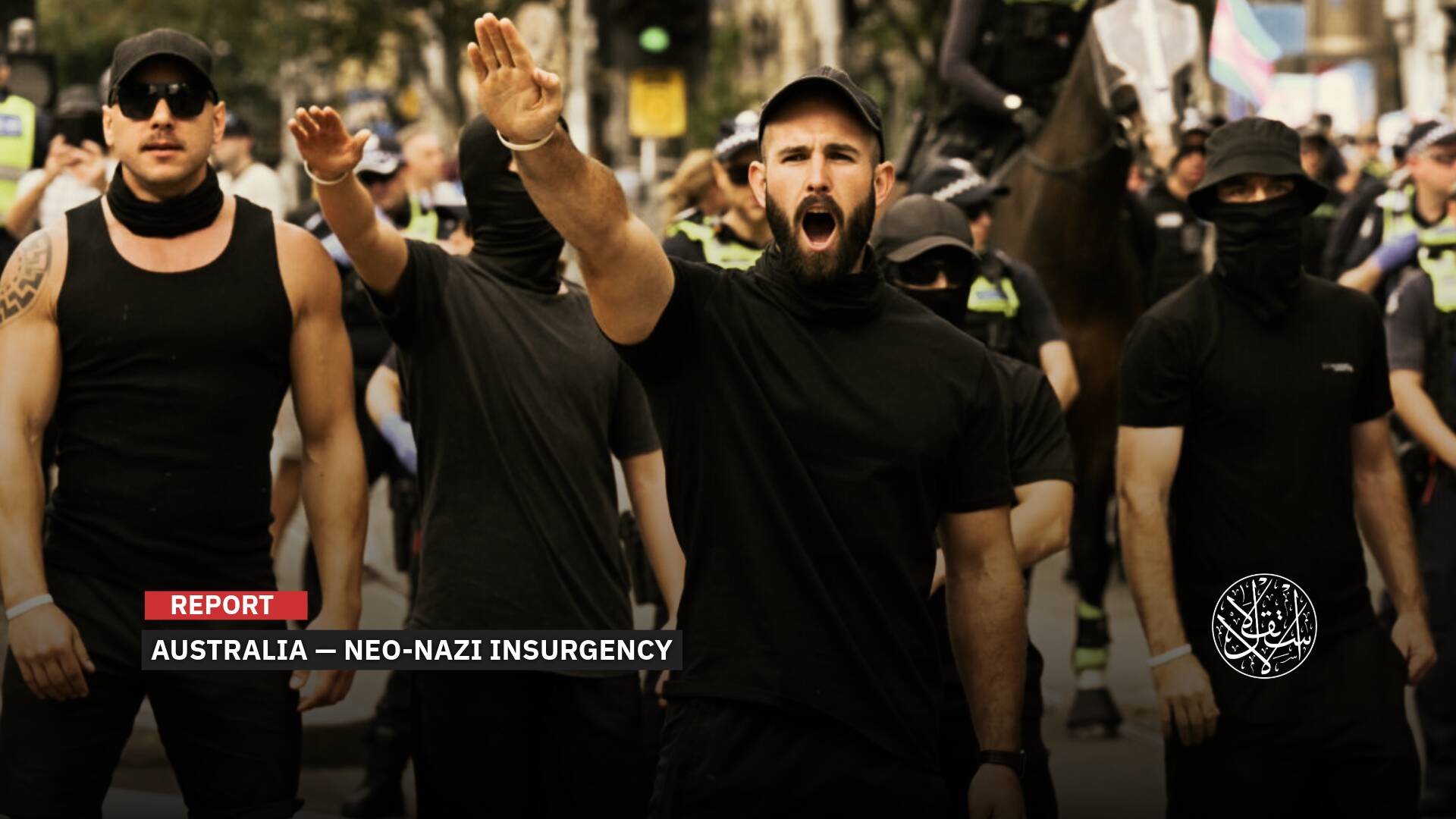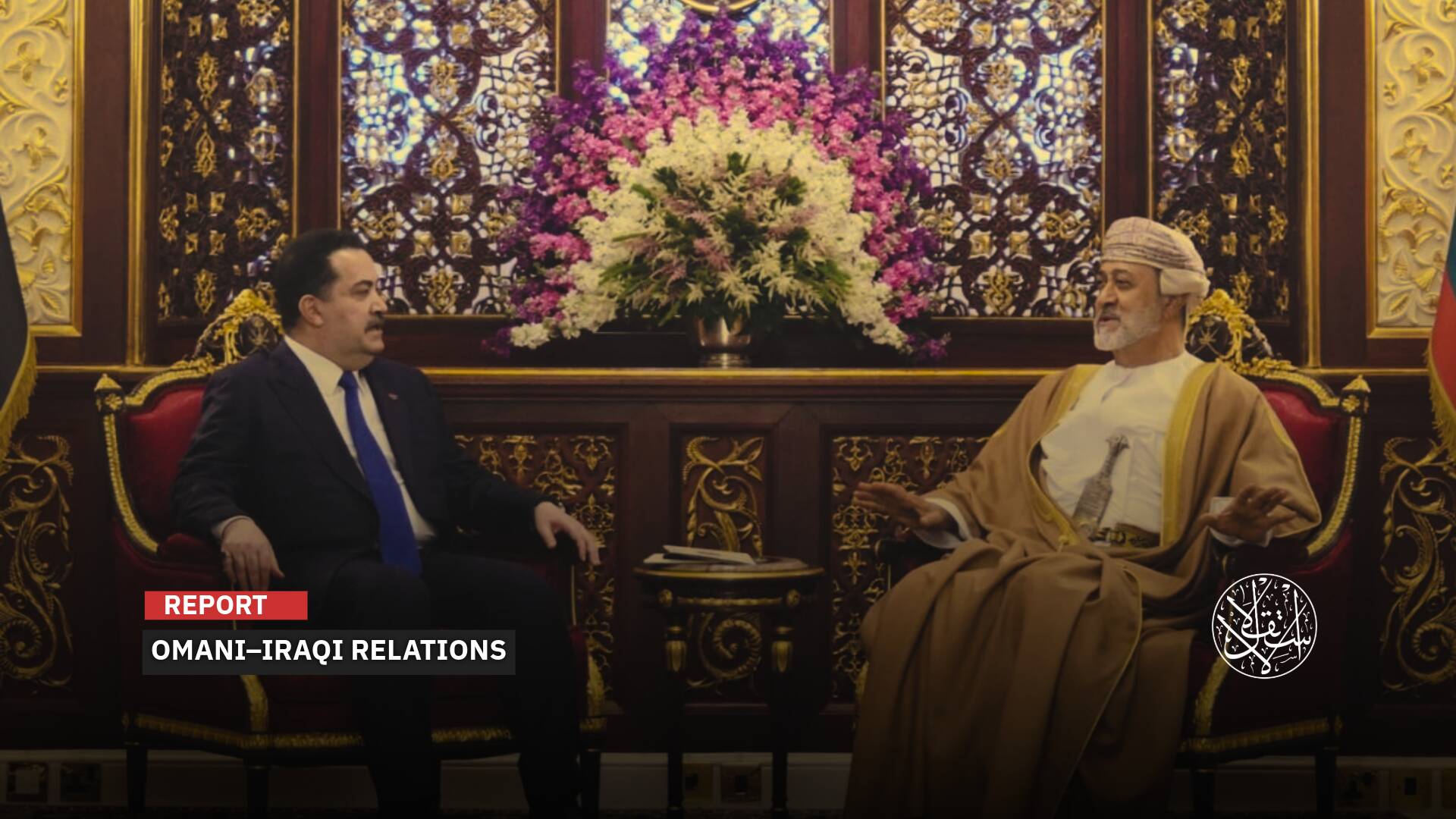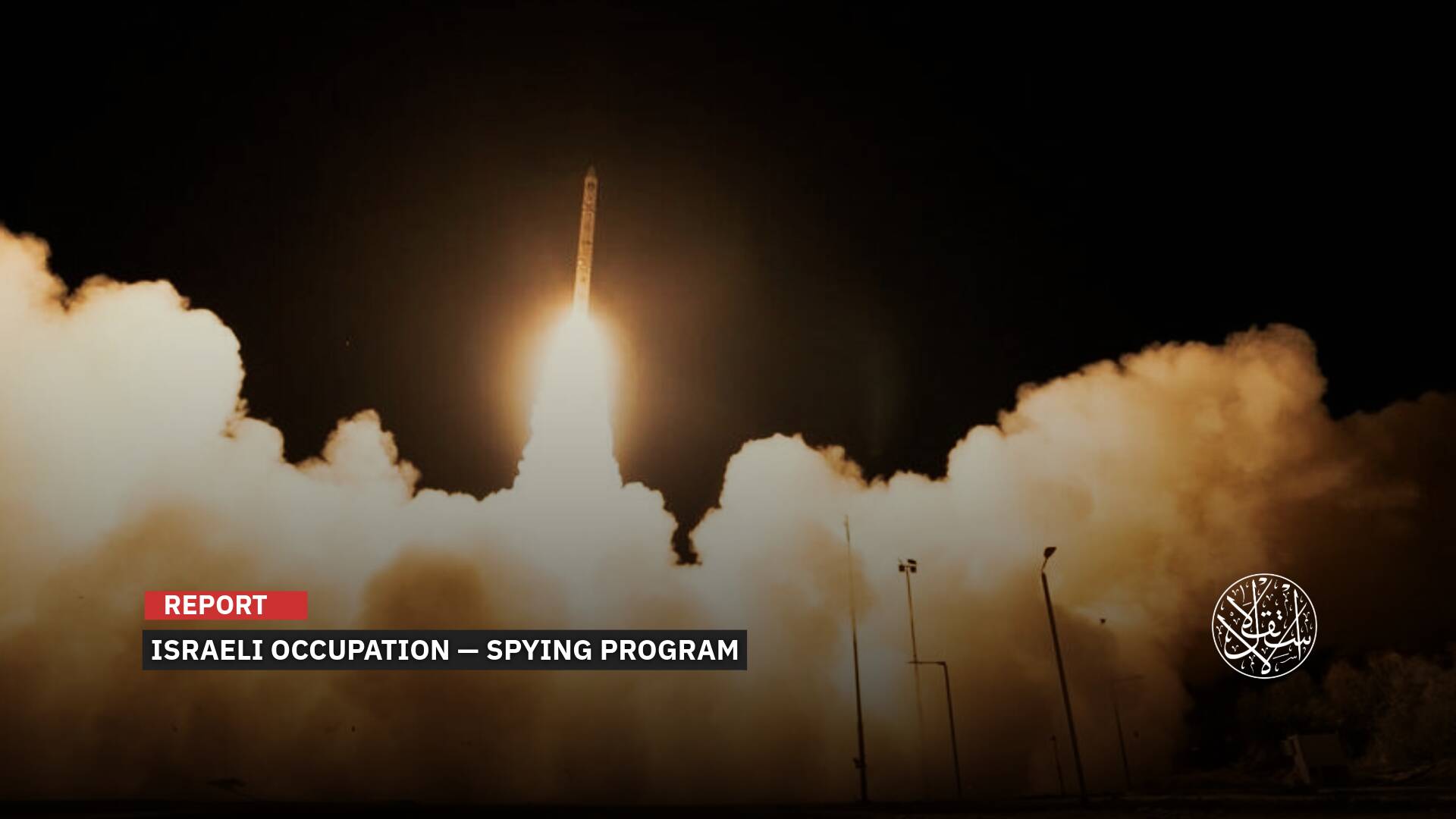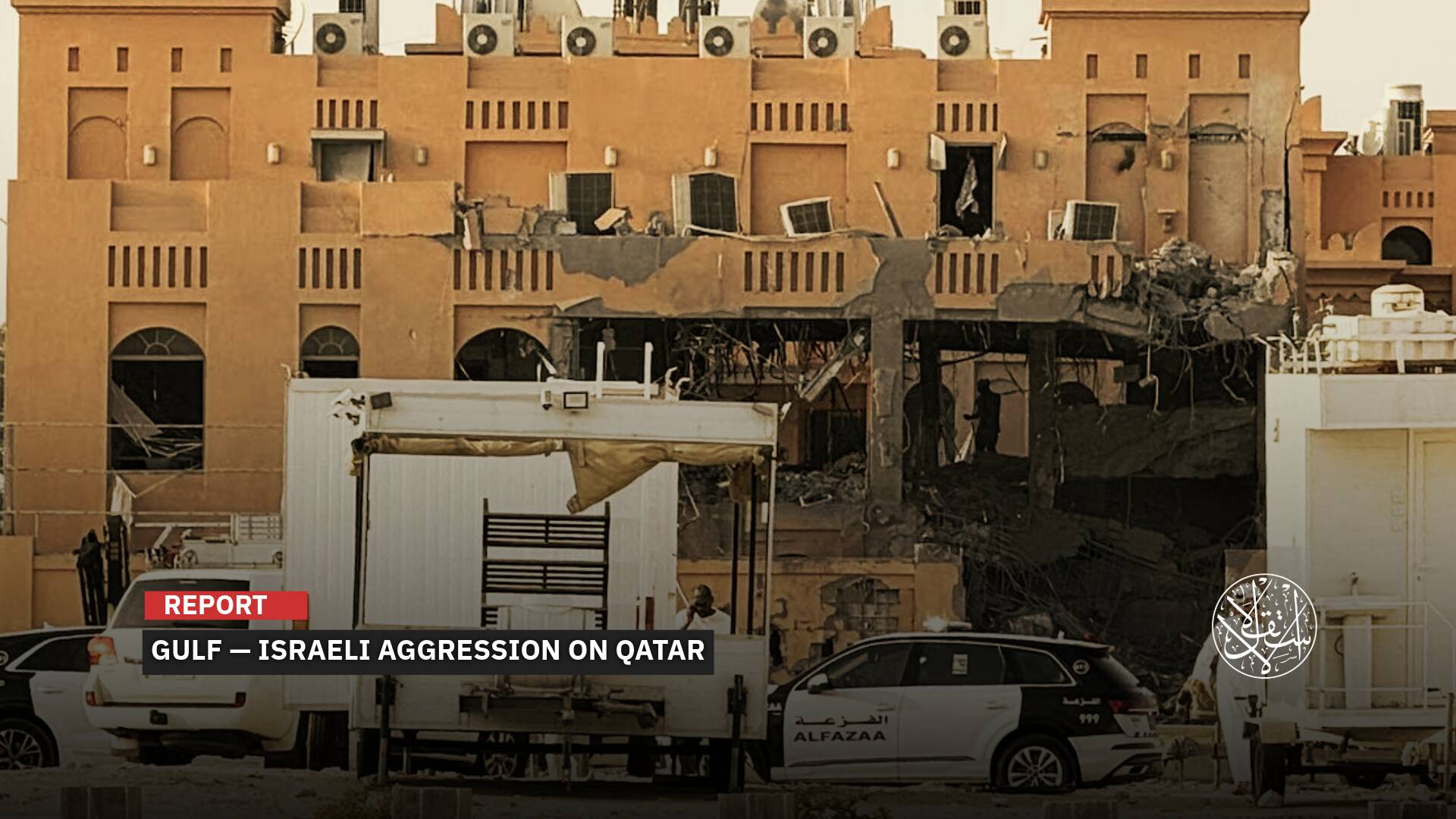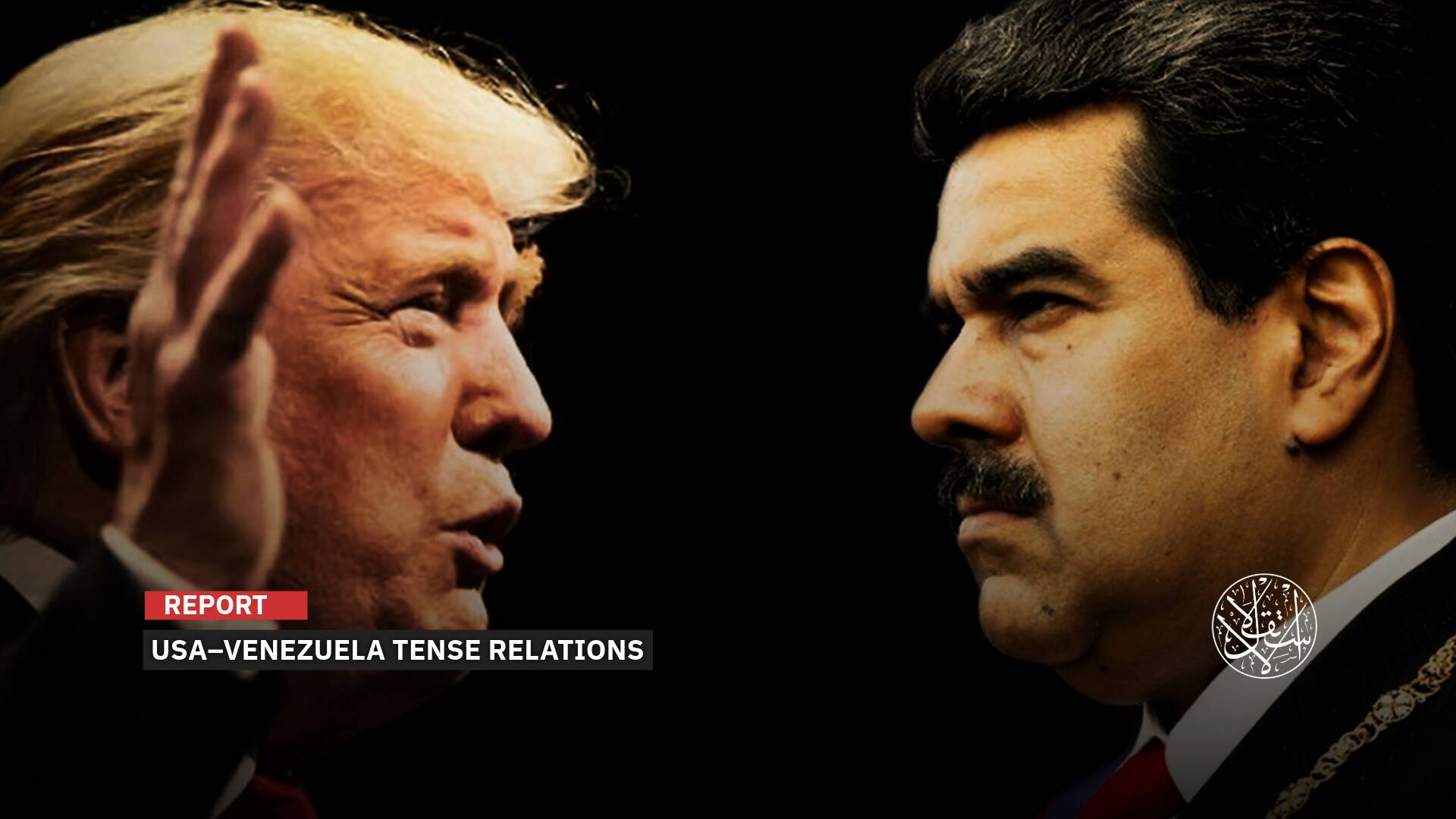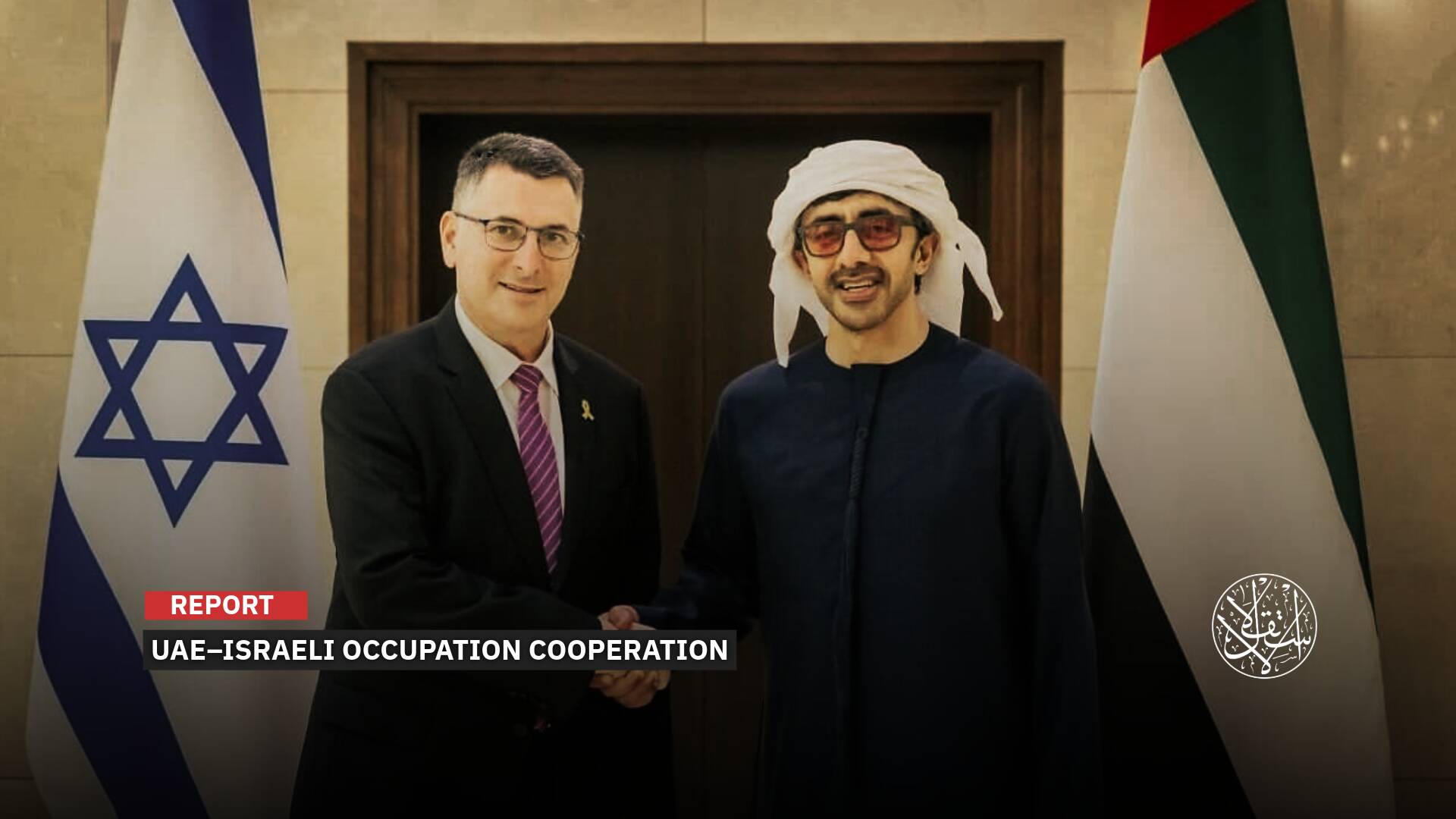After the Fall of Assad's Regime: What’s Needed to Restructure the Syrian Army?

Defected officers aim to help build a professional army in Syria.
Following the fall of Bashar al-Assad's regime, the focus has shifted to establishing a "New Syrian Army" built on a combat doctrine dedicated to safeguarding the people, rather than perpetuating violence to maintain a ruler's authority.
Syria stands as a stark example where the “military doctrine” played a central role in suppressing the people and devastating the country, acting as a key tool in crushing the revolution that began against Bashar al-Assad in March 2011.

‘A New Military’
The idea of a “new army” is pivotal to reconstructing Syria's military following the fall of Bashar al-Assad’s regime. An effective military doctrine is essential for shaping an army and inspiring its personnel to serve with commitment and distinction.
Since Hafez al-Assad’s rise to power in a coup on November 16, 1970, the Syrian military doctrine was built around the “veneration of the leader,” a legacy that persisted after his death and the inheritance of power by his son Bashar in 2000.
The loyalty of the army was put to the test during the Syrian revolution, with Assad deploying his full military strength and security apparatus to crush dissent, resulting in the deaths, displacement, and destruction of countless Syrian lives and cities. Army personnel even echoed slogans like “Assad or no one” and “Assad or we burn the country” while violently suppressing the revolution.
The revolution, which took 14 years to succeed, ultimately forced Bashar to flee to Russia on December 8, 2024. However, the doctrine of blind loyalty to Assad suffered a major blow during the uprising, as tens of thousands of soldiers and officers, including high-ranking ones, defected to join the revolution against Assad’s rule.
With Assad’s regime now overthrown, its military and security institutions dismantled, and many officers involved in crimes against Syrians either fleeing abroad or hiding, the task of building a new army presents significant challenges. These include modernizing military capabilities and establishing a doctrine tied to the nation, not the ruler, as military experts emphasize.
The Assad regime’s use of military divisions and brigades to suppress the revolution drew widespread condemnation from Syrians, as soldiers blindly followed orders to kill and displace their compatriots. Consequently, remnants of Assad’s forces are deemed unsuitable for inclusion in the future military, which will be a cornerstone of Syria’s political, social, and economic stability.
Under Hafez al-Assad, a sectarian “leadership triad” ensured the military’s loyalty to the regime, preventing it from becoming a political tool against his authority. This system placed Alawite officers in key leadership roles, not just in the top ranks but also across secondary and tertiary levels of command.
Today, after the revolution’s victory, this structure is no longer viable. The top 40 positions in the former regime’s military—spanning corps commanders, military divisions, and intelligence agencies—were all held by Alawite officers.
The Russian International Affairs Council estimated that before 2011, Assad’s forces numbered around 325,000, including 220,000 ground troops, 100,000 air force personnel (with 60,000 in air defense), 4,000 naval personnel, 8,000 border guards, and 100,000 members of the “Popular Army,” a reserve component.
Following the uprising, the regime’s forces were reduced by two-thirds. By 2012, Russian and Iranian military support prevented the regime’s complete collapse. According to a study by the Syrian research center Tawazun, the regime’s forces were estimated at 169,000 by 2020.

‘Professional Syrian Army’
Syria now faces the urgent need to build a new, professional army—one loyal to the nation rather than a president or a political party.
Ahmed al-Sharaa (Abu Mohammed al-Golani), head of the Military Operations Command that led the factions united on November 27, 2024, to overthrow Assad, announced that “the factions will be dissolved, and fighters will be prepared to integrate under the Ministry of Defense, with everyone subject to the law.”
Military sources told Al-Estiklal that several Syrian officers who defected from the regime at the start of the revolution have formed a delegation to visit Damascus and meet with Ahmed al-Sharaa.
These officers aim to contribute to building a “professional Syrian army” and to offer expertise and support for this critical endeavor.
In this context, Colonel Faiz al-Asmar, a defector from Assad’s forces during the revolution, told Al-Estiklal that “restructuring the military institution and rearming it are among the most challenging and essential tasks for both the current and future leadership.”
“Israel recently destroyed much of the military’s land, naval, and air capabilities that were meant to equip the new national Syrian army.”
Al-Asmar explained that building a professional army dedicated to Syria’s unity and committed to defending its borders and ensuring the safety of its citizens requires comprehensive organizational measures, as “an army is not the same as factions.”
He stressed the necessity of establishing a Ministry of Defense, a professional General Staff, and specialized branches for land, naval, and air forces, as well as departments for artillery, armament, chemical warfare, electronic warfare, logistics, and other key units.
From abroad, al-Asmar stated that defected officers and noncommissioned officers, numbering in the thousands, should form the foundation of this new army.
“The Military Operations Command in Damascus must immediately summon defectors, promote them to ranks equivalent to their peers in Assad’s fleeing forces, and compensate them for their years of defection,” said al-Asmar.
He further called for their reintegration into combat units based on their areas of expertise, making them the backbone of the future army.
However, the defector stressed that officers from Assad’s former regime should have no role in the new army. “Each of them played a part in the suffering and deaths of Syrians, and they must be held accountable in specialized courts for their crimes,” he asserted.
There are no official statistics on the number of defectors from the ousted regime. Most estimates of their total numbers remain speculative, though some may reflect reality.
This lack of accurate figures stems from the fact that defectors were never able to form a unified military entity nor were they properly integrated into opposition institutions in the past.

Engaging Defectors
According to unofficial figures, the number of police officers who defected from the regime is estimated at 630, while the number of non-commissioned officers and personnel ranges between 12,000 and 13,000, constituting roughly one-third of the Ministry of Interior’s workforce at the start of the revolution.
For the army, estimates suggest that between 4,500 and 5,000 officers defected, making up about 10% of the officer corps at the time. Meanwhile, the number of non-commissioned officers is estimated between 6,000 and 6,500, with approximately 170,000 soldiers also reported to have defected.
This means that around 39% of the regime’s military personnel defected, according to a study published in 2021 by the Harmoon Center for Contemporary Studies on defections in Syria.
Since the fall of Assad’s regime on December 8, 2024, the transitional government has been working to disarm former regime officers and soldiers by establishing centers across Syrian provinces. These centers issue “security settlement documents” to individuals who surrender their weapons.
The transitional government, in place until March 2025, is responsible for managing daily state affairs, drafting a permanent constitution in consultation with representatives of the people, and overseeing free and fair general elections.
However, the unification of the country and its institutions remains incomplete without the creation of a new Syrian army to restore internal order.
Colonel Ismail Ayoub, a defector from the Syrian regime's military during the revolution, argued that “most Arab armies serve rulers rather than the nation, as was the case in Syria, Egypt, Libya, and Yemen.”
He emphasized the need for a Syrian army with the constitutional authority to veto decisions by an elected president or prime minister, ensuring that such leaders adhere to their mandates.
Speaking to Al-Estiklal, Ayoub stated, “The Chief of Staff in Syria must have the power to intervene if a president refuses to leave office after their term ends, with the military empowered to arrest them in such cases.”
“The army should serve the nation, not an individual. Building such an institution will take time, requiring academies, resources, and a military doctrine centered on the nation rather than its so-called leader.”
“The true master of the nation is the citizen, not the president or prime minister, who are merely public servants,” he stressed.
“The formation of a Ministry of Defense will draw upon the expertise of defected officers and personnel, who are ready to contribute.”
Ayoub reassured that “the rights of defected officers and personnel who legitimized the revolution will not be overlooked. Each will play a role in building the new army according to their academic and professional expertise.”
Sources
- The phenomenon of defection:perceptions about roles and outcomesv[Arabic]
- Power Centers in the Regime's Army 2020: "The Alawite Purity Approach" [Arabic]
- Shariaa talks about elections, a new constitution and dissolving factions [Arabic]
- Ha'yat Tahrir al-Sham: We will be the “first to initiate” the dissolution of our military wing and the integration into a new military institution [Arabic]
- For these reasons, Russia failed to support Assad's survival [Arabic]
- Total number of military personnel in service [Arabic]



